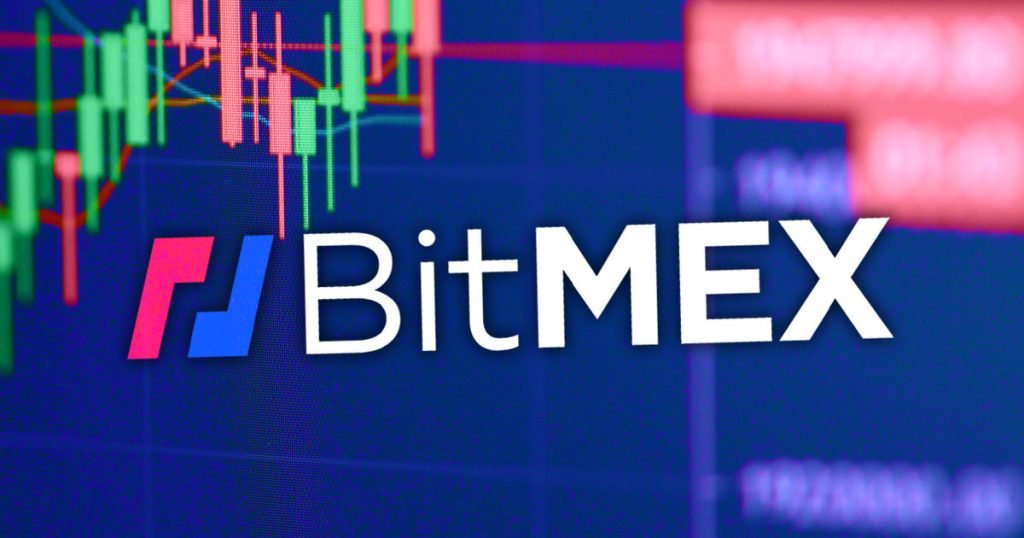Title: Full Pardon for BitMEX Co-Founders: A Landmark Decision in Crypto Regulation
President Donald Trump has issued full pardons to the three co-founders of the cryptocurrency exchange BitMEX, marking a significant turning point in their legal battles related to U.S. anti-money laundering laws. This decision, announced on March 27, is noteworthy given that Arthur Hayes, Benjamin Delo, and Samuel Reed had previously pleaded guilty to violations of the Bank Secrecy Act. The pardons come years after these individuals admitted to shortcomings in their compliance practices.
BitMEX, established in 2014, emerged as a pioneering platform in the cryptocurrency trading space, offering high-leverage trading products with minimal registration requirements. However, federal prosecutors alleged that the co-founders permitted U.S. customers to trade without implementing essential identity checks, effectively turning the exchange into a hub for illicit financial activities. This lack of compliance raised alarms within the U.S. regulatory framework, intensifying scrutiny over the operations of offshore crypto exchanges catering to American traders.
In the wake of the allegations, Hayes, the former CEO, spent six months under home confinement while Delo and Reed were sentenced to probation terms of 30 and 18 months, respectively. Each co-founder also paid $10 million in criminal fines as part of their plea agreements, alongside a hefty $30 million civil penalty imposed by the Commodity Futures Trading Commission. Their legal troubles underscored larger systemic issues surrounding regulatory compliance within the rapidly evolving cryptocurrency landscape.
The issuance of pardons comes on the heels of BitMEX’s own settlement with federal authorities in 2022, wherein the company agreed to pay $100 million to resolve charges regarding its failure to meet necessary compliance standards for anti-money laundering control. Critically, federal prosecutors had contended that BitMEX’s leadership ignored their legal obligations to prevent financial crimes, continuing to attract U.S. customers while failing to enforce restrictions on their access to the platform. This history further emphasizes the strain between the accelerating growth of crypto exchanges and the regulatory frameworks designed to govern their operations.
In a statement following the pardon announcements, Benjamin Delo referred to the charges against them as symptomatic of an outdated legal framework and a politicized enforcement agenda. He described the pardons as a “vindication” and insisted that they should never have faced prosecution in the first place. Delo’s statement reflects a broader sentiment among some in the crypto industry who assert that the regulatory environment is often misaligned with the innovative nature of blockchain technologies.
The case against BitMEX and its founders was pivotal, marking one of the first instances where federal prosecutors pursued criminal penalties against operators of a cryptocurrency exchange. This prosecution established a precedent for future enforcement actions within the digital asset space, which has since seen increased scrutiny from lawmakers and regulators. As the cryptocurrency industry continues to evolve, the outcomes of these cases are likely to influence the conversation around compliance, regulation, and the accountability of crypto platforms.
In conclusion, President Trump’s decision to grant full pardons to the BitMEX co-founders has ignited discussions regarding the regulatory challenges facing the cryptocurrency sector. As regulators around the world grapple with how to effectively oversee this fast-paced industry, the lessons learned from the BitMEX case may play a critical role in shaping future policies. The discourse surrounding these pardons raises important questions about accountability, innovation, and the need for clearer regulations that can adapt to the unique characteristics of digital assets.


